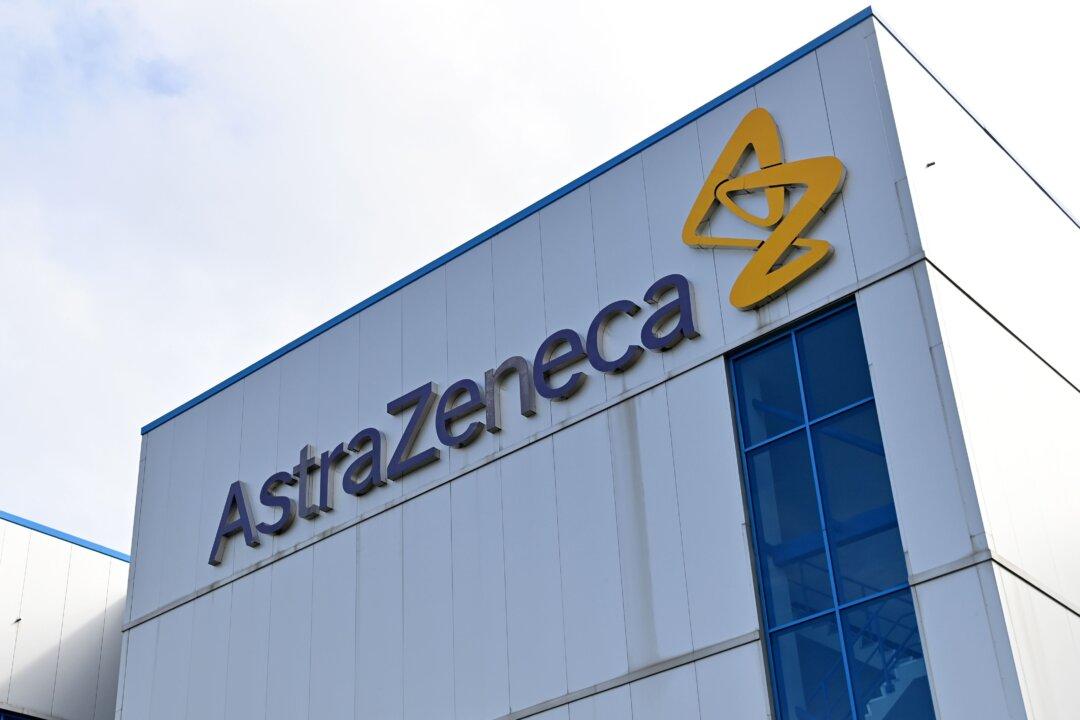European drugmaker AstraZeneca this week said a late-stage study showed its antibody drug cocktail is effective at keeping COVID-19 patients out of hospitals.
The phase 3 trial preliminary results showed the drug, a long acting antibody (LAAB) combination, cut the risk of developing severe COVID-19 or dying by 50 percent compared to a placebo in people who did not require hospitalization and had been showing symptoms for a week or less.






